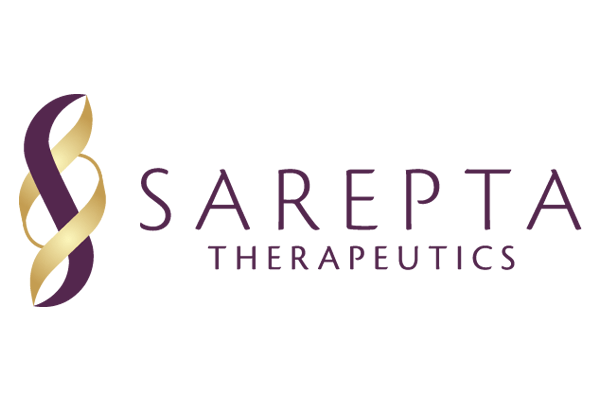Sarepta goes up, PTC goes down – DMD research sways the market

US biotech Sarepta's shares jumped by as much as 60% after a gene therapy produced dramatic results in three boys with the muscle wasting disease Duchenne muscular dystrophy (DMD).
The company hopes to quickly develop the drug, which works by attempting to correct the fault in the dystrophin gene that causes the disease, following the interest from investors.
The first three DMD patients were treated with Sarepta's gene therapy, which goes by the codename AAVrh74.MHCK7.microDystrophin.
The results show huge decreases in an enzyme indicating muscle damage in DMD, serum creatine kinase (CK), with a mean reduction of CK of over 87% at Day 60.
Significantly elevated CK level is often used as a preliminary diagnosis for DMD, which is then followed by confirmatory genetic testing.
Biopsies performed at Day 90 showed expression of a shortened protein known as microdystrophin in muscle measured by all methods and observed in all three patients.
Microdystrophin is a shortened version dystrophin, which is the longest known protein in the human body.
DMD is caused by a fault in the gene coding for dystrophin that leads to a faulty protein, with devastating consequences - if expressed correctly dystrophin plays a key role in holding muscle cells together.
Sarepta's already approved DMD therapy, Exondys 51, only increases dystrophin levels to less than 1% of that seen in healthy patients.
Jerry Mendell, of Nationwide Children’s Hospital, who presented the results, said: “I have been waiting my entire 49-year career to find a therapy that dramatically reduces CK levels and creates significant levels of dystrophin.
“Although the data are early and preliminary, these results, if they persist and are confirmed in additional patients, will represent an unprecedented advancement in the treatment of DMD.”
Doug Ingram, Sarepta’s president and chief executive officer, said: “Since the discovery of the dystrophin gene in 1986, scientists, clinicians, patient advocates and the biotech ecosystem have tirelessly searched for ways to restore or replace dystrophin and rescue boys with DMD from the damage and early death."
“Dr. Mendell’s results, if confirmed in additional patients, studies, measures and time points, represent a monumental leap forward in the direction of our goal.”
News about the recent advancement in DMD research saw investors act fast, even overreact according to some market analysts. Sarepta shares skyrocketed by 60% yesterday, however PTC Therapeutics registered felt by 30%.
PTC had a massive jump in its share price on Monday, after its announcement of SMA drug results.
But PTC also markets two DMD drugs: Emflaza approved in the US and Translarna in the EU.
Market analysts said that investors' decisions might have been a slight overreaction, because unless Sarepta's gene therapy fully compensates for the lack of dystrophin production in DMD patients, it's likely that patients would continue to take PTC’s drugs.










